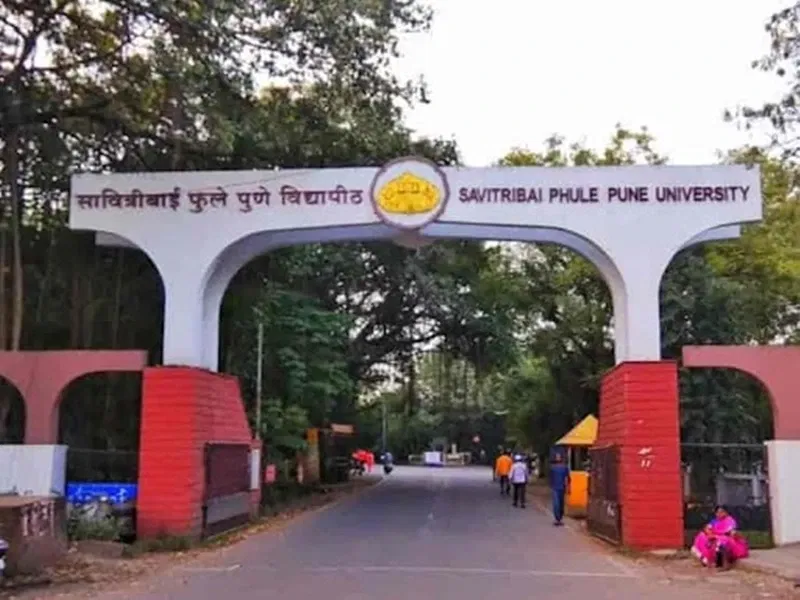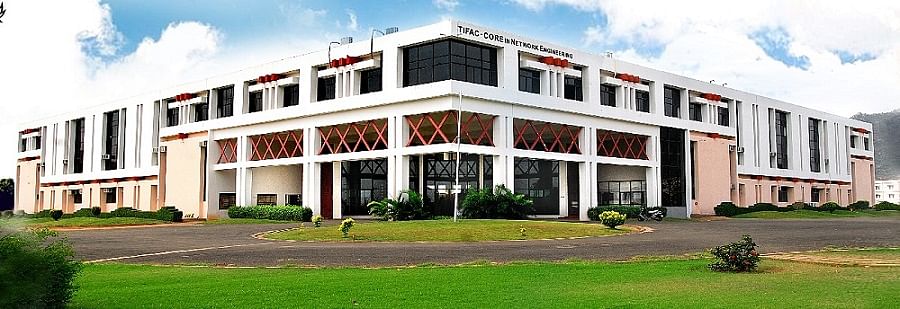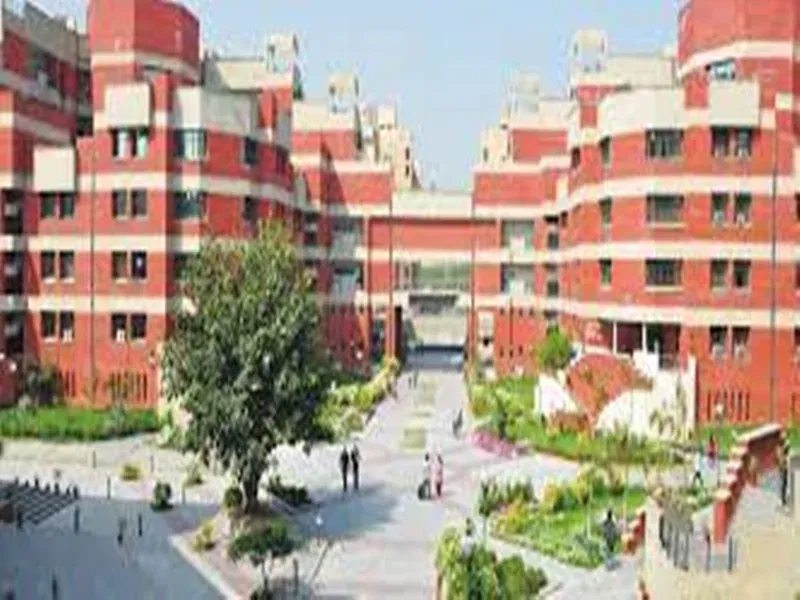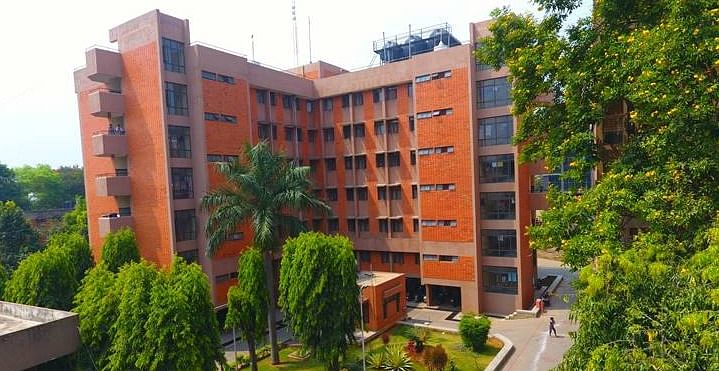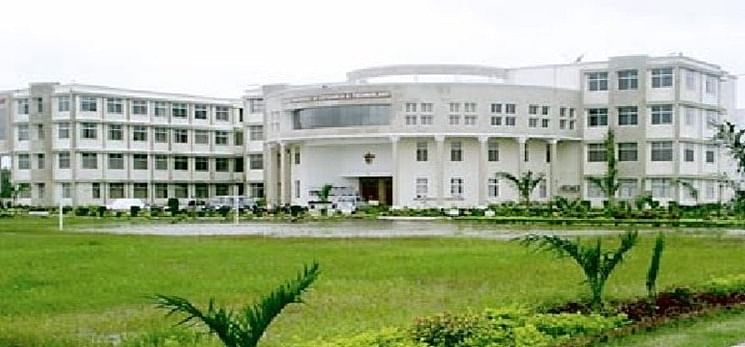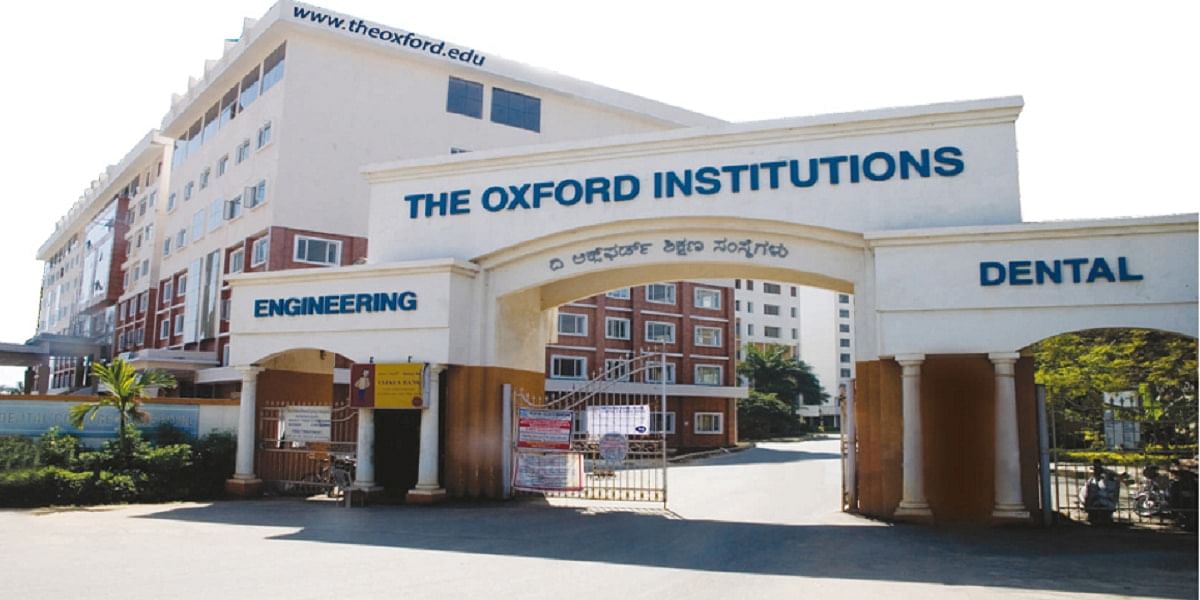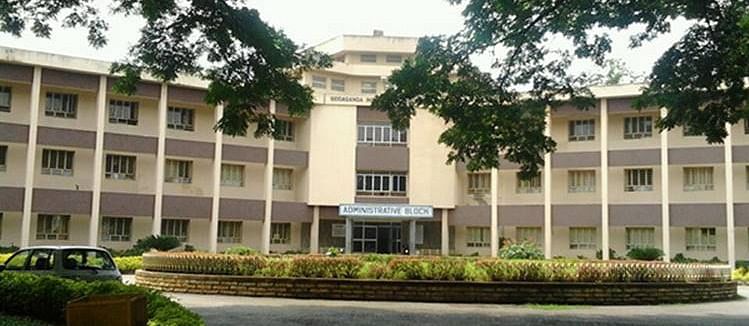M.Tech Digital Communication Syllabus and Subjects

M.Tech in Digital Communication syllabus is divided into four semesters, spread across a time period of two years. The M.Tech digital communications subjects consist of both the core and elective subjects, making the course work very flexible and diverse. The different subjects that the students study as part of their curriculum are Advanced modulation techniques, Error control Networking, Satellite Communications, Mobile and Wireless Communications, Microwave and Antenna designs.
Semester Wise M.Tech Digital Communications Syllabus
The M.Tech syllabus for Digital Communication consists of both theoretical and practical subjects. The course introduces students to all the important aspects related to multimedia communication, satellite communications, networking and social media and more. The course has both core and elective subjects as part of the curriculum. The core subjects help lay the foundation of the M.Tech degree, whereas, the elective subjects make the coursework more diverse and flexible.The M.Tech digital communications subjects list is given below according to their semesters:
|
Semester I |
Semester II |
|
Advanced Digital Communication |
Advanced Computer Networks |
|
Microcontroller & Embedded Systems |
VLSI Technology |
|
VHDL |
Wireless Communications |
|
Semester III |
Semester IV |
|
Advance Digital Signal Processing (Using MATLAB) |
Satellite Communications |
|
High-Speed Switching Networks |
Digital Image Processing |
|
Cryptography & Network Security |
Neural Networks & Fuzzy Logic |
|
Advanced Optical Communication |
Research Project |
M.Tech Digital Communications Subjects
M.Tech in Digital Communications syllabus is designed to introduce students to all the aspects relating to the contemporary knowledge regarding Digital Communication and its further applications in the fields of Engineering and Defence. The course has both core subjects and elective subjects. Additionally, the teaching methods include both classroom and practical forms of teaching. The following are some of the subjects which are related to the M.Tech Digital Communication syllabus of the course:
Core subjects:
- Advanced Digital Communication
- Advanced Computer Networks
- Microcontroller & Embedded Systems
- VLSI Technology
- VHDL
M.Tech Digital Communications Course Structure
The M.Tech in Digital Communications course structure consists of both theory and practical forms of teaching.The M.Tech Digital Communications syllabus and structure is distributed in four semesters spread across a time period of two years. Along with this, students are taught about research methods and ethics during the course of their education. At the end of their education, students are expected to work on a research project. This independent project helps students to gain an in-depth understanding of the specialisation that they might choose.
The course structure is as follows:
- IV Semesters
- Core Subjects
- Elective Subjects
- Practical Workshops
- Research Project
M.Tech Digital Communications Teaching Methodology and Techniques
The M.Tech in Digital Communications teaching methodology and techniques encompasses both traditional and classroom forms of teaching. The practical lab workshops help students gain an understanding of the concepts in a real life setting. Whereas, the traditional classroom based teaching methods help the students ask any queries they may have. These methods together help the students learn all the essential employability skills.
- Traditional Classroom-Based Teaching
- Practicals Workshops
M.Tech Digital Communications Projects
There are M.Tech projects in Digital Communication which give the students a chance to learn about the research methods, ethics and proper manner of conducting research. This also ensures that the students get an opportunity to learn about their specialization in a great depth and understand the topics well. Some popular topics undertaken by the students is listed below:
- Advanced modulation techniques
- Error control
- Networking
- Satellite Communications
- Mobile and Wireless Communications
- Microwave and Antenna designs
M.Tech Digital Communication Reference Books
M.Tech in Digital Communications degree has a module for students, where they are expected to work on research projects and specialisation. Due to this, it is always beneficial for the students to invest in reference books. Additionally, these books can in general help the students to learn about topics and specialisations in detail and depth. Some of the M.Tech in Digital Communications books are listed below:
|
Book |
Author Name |
|
Embedded Systems |
Majidi & Majidi |
|
Design with Microcontrollers |
John P. Peatman |
|
Numerical Control and Computer Aided Manufacturing |
Kundra, Rao & Tiwari
|
